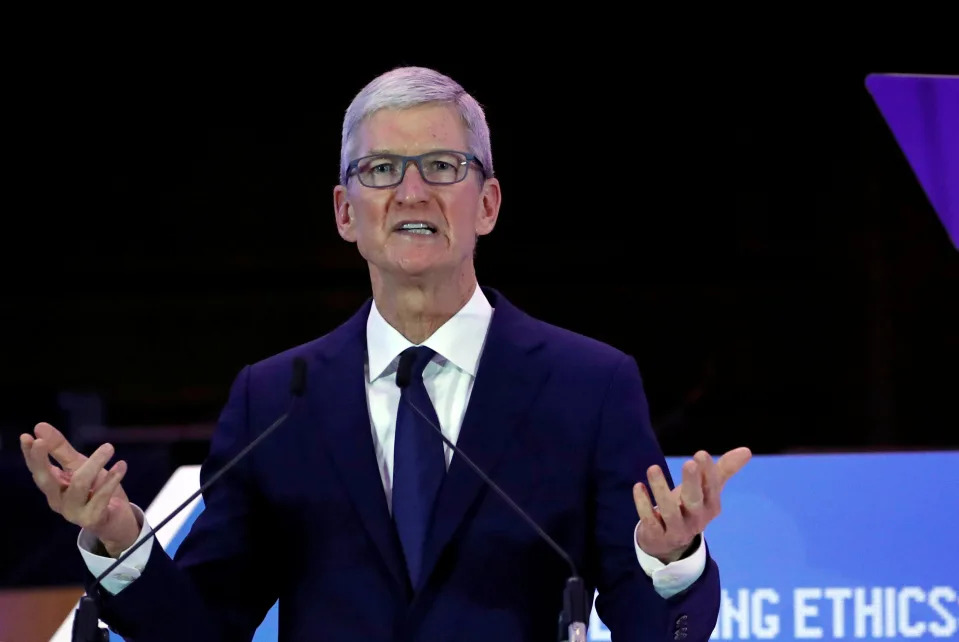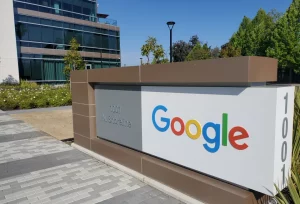Apple, along with Meta and ByteDance, is challenging the platform definitions outlined in the EU’s Digital Markets Act (DMA). This legislation empowers regulators to identify dominant companies’ services or platforms as “gatekeepers,” subjecting them to fines for engaging in prohibited behavior that hinders fair competition. Currently, the DMA targets 22 gatekeeper services operated by six major tech companies, including Apple, Microsoft, Google (Alphabet), Meta, Amazon, and ByteDance (TikTok). The law aims to promote consumer-friendly competition and prevent businesses from imposing unfair conditions on customers.
The EU Court of Justice, as reported by Reuters on X Friday, disclosed Apple’s formal objection, noting that the iPhone manufacturer had joined Meta and ByteDance in challenging the regulatory decisions. While the specific details of the complaint remain undisclosed, Bloomberg News reported last week that Apple intends to dispute the gatekeeper designations of both the App Store and iMessage. Apple also announced this week its plans to support RCS on iPhone, potentially addressing one of the EU’s concerns regarding iMessage’s consumer lock-in.
@Apple (Cases T-1079/23 & T-1080/23), #Bytedance (#TikTok) (T-1077/23) and #Meta (T-1078/23) have filed cases contesting decisions taken by the @EU_Commission under the #DigitalMarketsAct #DMA #Competition.
— EU Court of Justice (@EUCourtPress) November 17, 2023
Microsoft and Google have reportedly acknowledged their DMA designations, while Meta and ByteDance have contested theirs. Meta specifically questioned the gatekeeper labels assigned to Messenger and Marketplace, seeking clarification on their inclusion. Notably, Meta did not challenge the inclusion of Facebook, Instagram, and WhatsApp in the regulatory scope. The company argued that Marketplace operates as a consumer-to-consumer service, and Messenger functions as a chat feature on Facebook rather than an online intermediary.
On the other hand, ByteDance contends that TikTok is a challenger in the social market rather than an established gatekeeper. The company argues that designating TikTok as such would only serve to protect more established companies.
Similar to the Digital Services Act (DSA), the DMA carries substantial penalties. Non-compliant companies may face fines of up to 10 percent of their global turnover, with the potential for a 20 percent penalty for repeat offenses. Additionally, periodic fines of up to five percent of their average daily turnover could be imposed. Market investigations may also lead to other penalties, including the divestiture of certain business components.




